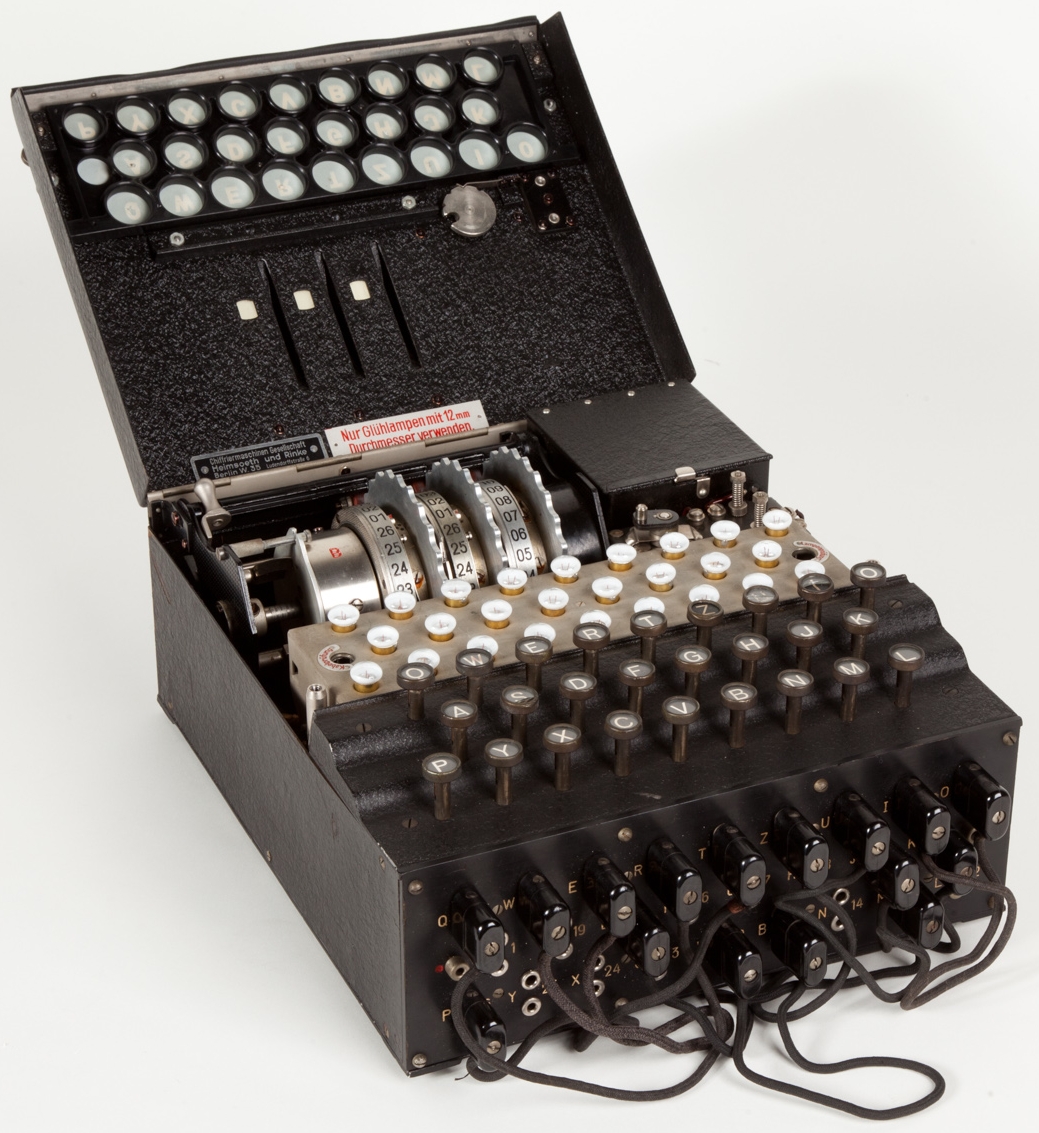In the convergence of science and faith, one might ponder a playful question: What happens when we dissect the enigma of the transplanted heart? This metaphor extends beyond mere cardiology; it embodies the profound transformations experienced at the intersection of material and spiritual realms. Within the Bahá’í teachings, this metaphor serves as a vessel for exploring the intricate relationship between the evolving human spirit and the ever-expanding cosmos.
The essence of Bahá’í teachings rests on the foundational belief that humanity is on a journey towards unity and spiritual maturity. The idea of the transplanted heart encapsulates the regenerative potential within individuals, urging them to embrace change and growth. Just as a heart transplant involves a physical replacement, so too does the spiritual journey invite the metaphoric transplantation of beliefs, values, and predispositions.
The transformative power of the heart in many ways symbolizes the evolution of consciousness. Science offers insights into the biological mechanisms of the heart, revealing the efficacy of a donor organ. However, this transplantation can also serve as a metaphor for spiritual renewal, as Bahá’ís are encouraged to reflect on their internal affections and orientations. How do these undergo rejuvenation? How do we facilitate the undertaking of this transformative spiritual journey?
First, the willingness to question one’s preconceptions can act as a spiritual transplant. Individuals are encouraged to interrogate their preconceived notions and biases that may tether them to outdated paradigms. This can be likened to the early stages of medical assessment for a heart transplant—the initial identification of the recipient’s condition. In this inquiry, the Bahá’í text emphasizes the necessity of establishing a mindset free from dogmatic constraints.
The challenges emerged from this inquiry may seem daunting; however, they provide fertile ground for fostering understanding. In contemporary society, individuals often grapple with conflicting ideologies from diverse cultural backgrounds. The enigma, therefore, lies in the integration of multifaceted perspectives. Through loving discourse and respectful engagement, one can glean valuable insights that enhance spiritual horizons.
Next, the concept of surrender presents an essential element in this transformative journey. Just as a patient must yield to the surgical expertise for a heart transplant, Bahá’ís are implored to surrender their egos and embrace divine will. This process can be likened to a seeker yielding to the potential of a newly acquired heart, accepting the necessity of change and growth. By relinquishing rigid adherence to the status quo, individuals align themselves with a higher purpose. Through this submission to divine wisdom, they can navigate life’s complexities with grace.
Compassion arises as a natural byproduct of this spiritual rejuvenation. In a world rife with division, cultivating compassion aids in soothing the discord endemic to contemporary existence. The act of nurturing the transplanted heart fosters empathy, connecting individuals to the plight of others. This evolutionary step can spark collaborations that transcend boundaries, reinforcing the essential Bahá’í principle of unity in diversity.
Moreover, Bahá’í teachings elucidate the notion of the covenant—an enduring agreement established among the followers and the divine. This covenant signifies a collective commitment to nurturing the human spirit and safeguarding the emergence of spiritual renewal. In this framework, one can perceive challenges not as setbacks but as opportunities for growth. The exploration of difficulties can elucidate the interconnectedness of personal narratives and broader community values.
In addressing the teachings of individual accomplishments versus communal advancement, the Bahá’í perspective is unequivocal: the two are inexorably linked. The enigma of the transplanted heart may initially focus on the self, yet its repercussions resonate through collective dynamics. The pursuit of personal enlightenment contributes to the collective well-being, much like the heartbeat synchronizing in a living organism. This synergy prompts reflection on one’s role in promoting harmony within the community.
The role of education is paramount to the Bahá’í understanding of spiritual transformation. Education becomes the catalyst, inviting personal growth and facilitating societal change. Knowledge empowers individuals, enabling informed choices aligned with a higher purpose. This intellectual embrace entails grappling with both scientific understanding and spiritual inquiry, thereby weaving a broader tapestry of truth. It challenges the soul to seek harmony between reason and revelation, fostering an integrated view of existence.
Furthermore, the biological implications of heart transplantation remind the seeker of the fragility of the corporeal realm. The heart, often perceived as the seat of emotions, becomes symbolic of the intricate relationships between mind, body, and spirit. As Bahá’ís engage with this symbolism, a deeper appreciation unfolds for the sanctity of life and the oneness of humanity. Navigating these realities engenders a holistic approach towards life, interlacing scientific truth with spiritual wisdom.
In contemplating the enigma of the transplanted heart, one realizes that the journey is laden with challenges and transformative possibilities. We must transcend conventional dichotomies, fostering harmonious coexistence between differing traditions and beliefs. The Bahá’í framework invites individuals to aspire towards universal peace, knowledge, and ultimately, to realize their intrinsic potential.
In conclusion, the exploration of the enigma of the transplanted heart weaves a profound narrative that transcends scientific boundaries and spiritual dogmas. It fosters a journey of personal and collective discovery, urging individuals to seek alignment with a higher purpose. Through unwavering commitment to transformation, compassion, and education, the teachings of the Bahá’í Faith illuminate a path towards a more harmonious existence, nurturing the heart of humanity.
